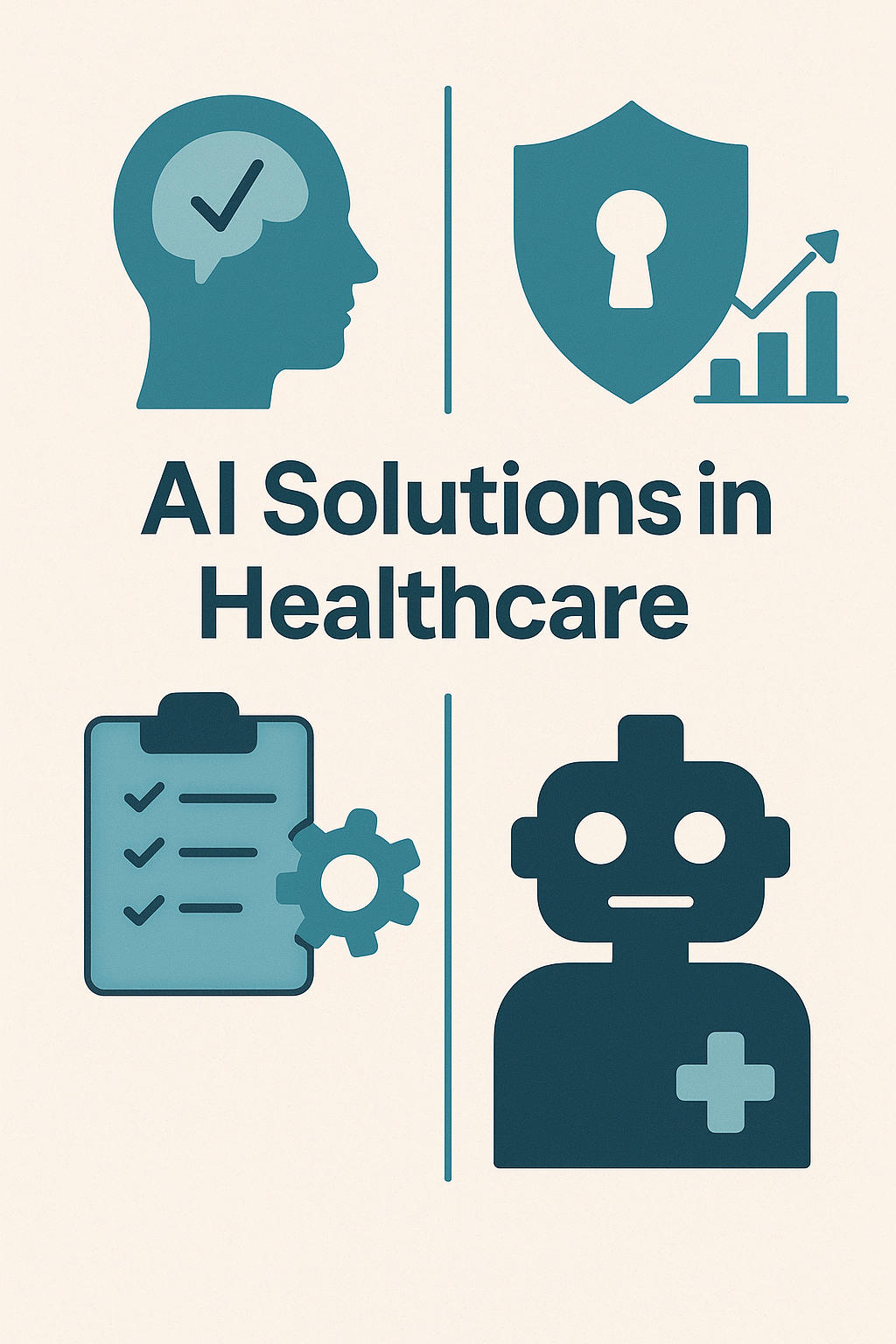Introduction
Natural Language Processing (NLP) is transforming the marketing landscape by enabling businesses to analyze and interpret human language data. From sentiment analysis to content creation, NLP tools empower marketers to make data-driven decisions and personalize customer experiences.
Key Applications of NLP in Marketing
- Sentiment Analysis: Understanding customer opinions and emotions to tailor marketing strategies.
- Content Optimization: Enhancing SEO and readability by analyzing and refining content.
- Chatbots and Virtual Assistants: Automating customer interactions for improved engagement.
- Market Research: Extracting insights from unstructured data like reviews and social media posts.
- Personalized Recommendations: Delivering customized content and product suggestions based on user behavior.
Mathematical Insight: Sentiment Analysis Scoring
Sentiment analysis often involves calculating a sentiment score for a given text. A basic formula can be represented as:
\[ \text{Sentiment Score} = \sum_{i=1}^{n} w_i \cdot s_i \]
Where:
- \( w_i \): Weight of the \( i^{th} \) word based on its importance.
- \( s_i \): Sentiment value of the \( i^{th} \) word (e.g., -1 for negative, +1 for positive).
- \( n \): Total number of words analyzed.
This calculation helps in quantifying the overall sentiment of the text, guiding marketing decisions.
Top NLP Tools for Marketers
- Anyword: AI-driven platform for generating and optimizing marketing copy. Visit Anyword
- Luminoso: Provides real-time insights from unstructured text data. Explore Luminoso
- Google Cloud Natural Language API: Offers powerful text analysis capabilities. Learn more
- IBM Watson Natural Language Understanding: Extracts metadata from content such as concepts, entities, keywords, and categories. Discover IBM Watson
- Amazon Comprehend: Uses machine learning to find insights and relationships in text. Check out Amazon Comprehend
Real-World Applications
- Estée Lauder: Leveraged generative AI for copywriting and customer service, enhancing customer engagement. Read more
- Adobe: Introduced an AI assistant in its marketing platform to automate tasks and generate content. Learn more
- Persado: Uses NLP to create persuasive marketing messages, improving campaign performance. Discover Persado
Further Reading
Conclusion
Integrating NLP tools into marketing strategies enables businesses to better understand and engage with their audience. By analyzing language data, marketers can craft more effective campaigns, enhance customer satisfaction, and stay ahead in the competitive digital landscape.








